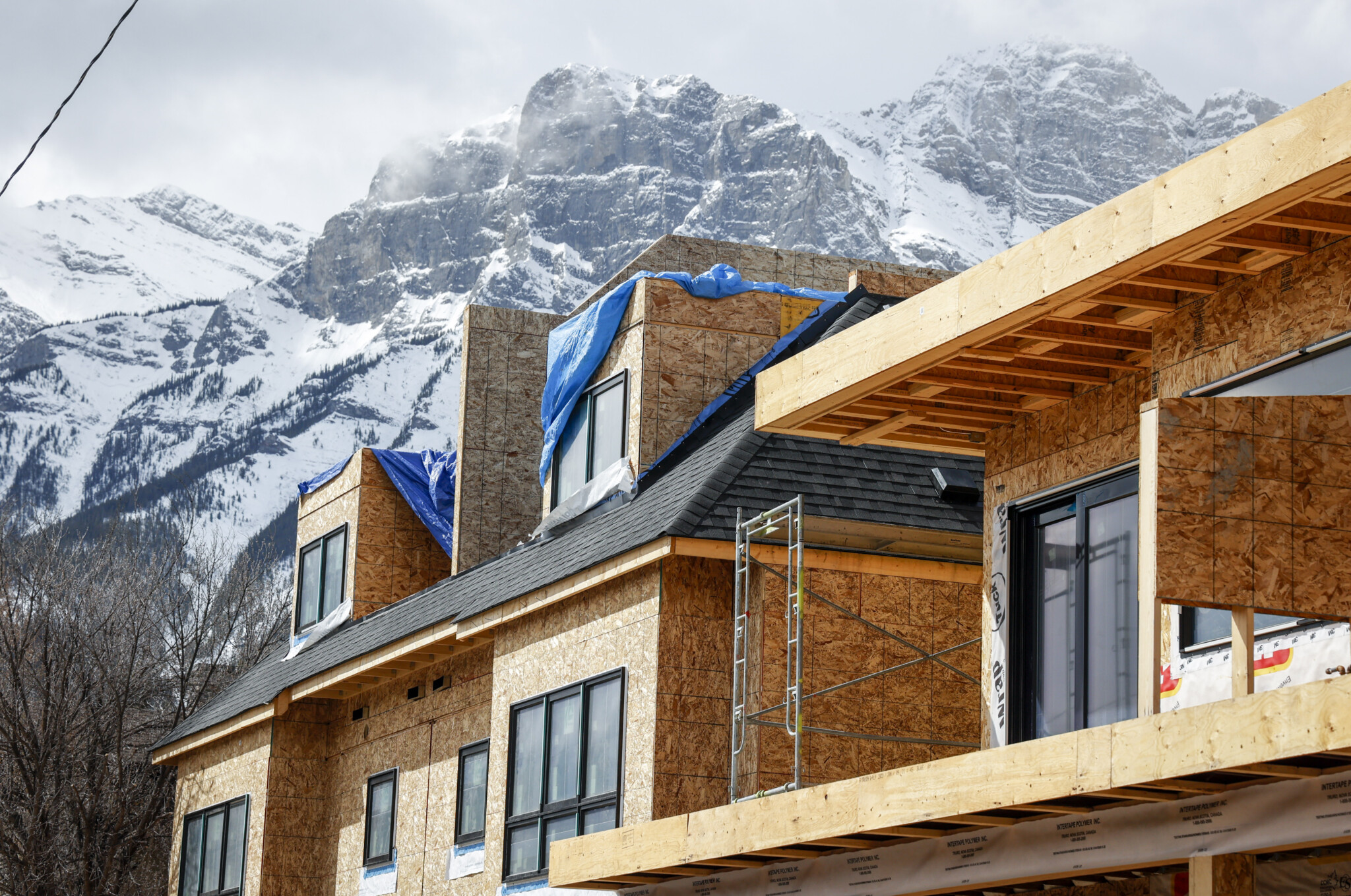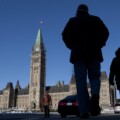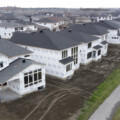Property rights have always been political. From the earliest liberal movements, they were a revolutionary force—a means of breaking the grip of feudal hierarchies that had dominated for centuries. In a world where land ownership had long been the exclusive domain of monarchs and aristocrats, liberal reformers fought to place property into the hands of ordinary people. To own land was to escape servitude, to gain independence, and to participate fully in civic life.
The liberal state was built not just on the ballot box, but on the belief that people should be free to use and improve what they own—and that this freedom would dismantle the inherited privilege of the few to create an economic system that values individuals and merit.
That foundational promise is collapsing. Across the Anglosphere, property rights are increasingly obstructed by bureaucracies that exist to protect incumbents. In cities like Toronto, Vancouver, London, San Francisco, and Sydney, it is effectively illegal to use residential land for anything other than what’s already there. Adding a modest apartment or multiplex can require years of applications, approvals, public consultations, and appeals. Even where reforms have been passed to allow “missing middle” housing, the conditions are often so restrictive that these homes remain economically unviable. The result is policy that appears progressive, while little has meaningfully changed.








